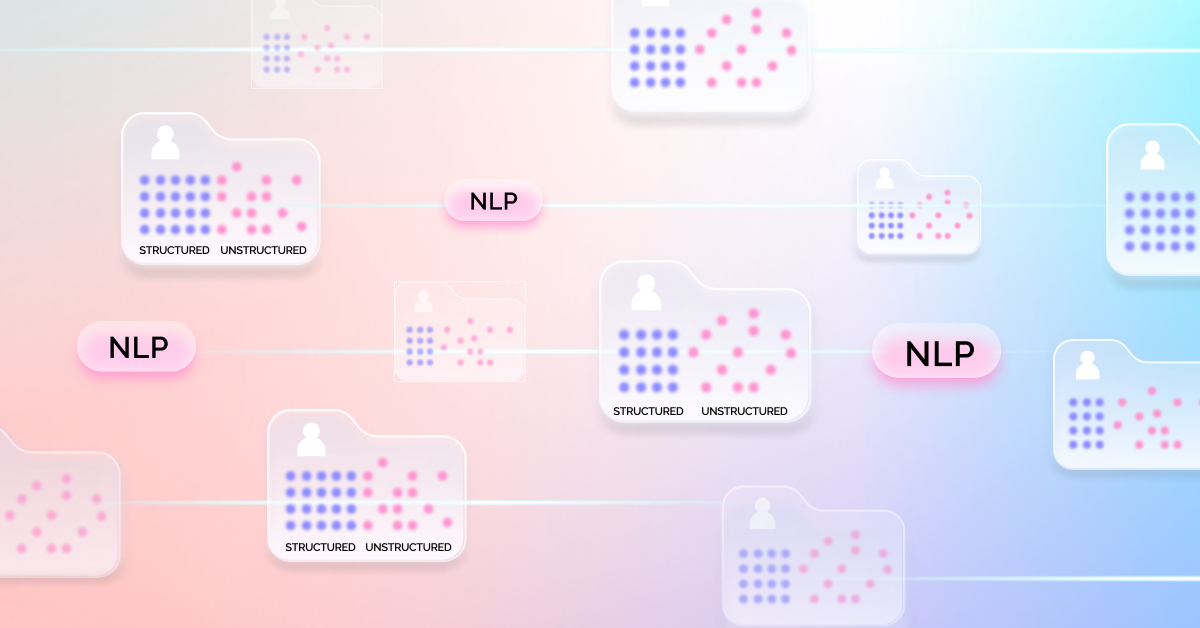The healthcare sector is struggling with substantial financial challenges attributed to shortages in staffing, declining revenues, and continuously rising expenses. To mitigate these issues and foster revenue growth, healthcare leaders are actively exploring alternative avenues to generate income for their organizations. One such avenue is sponsored research.
Primary Financial and Revenue Cycle Worries Faced by Healthcare Organizations
Healthcare organizations are dealing with considerable financial and revenue cycle challenges, resulting in financial losses that are burdening the healthcare ecosystem.
The primary issue causing an increase in expenses is the unprecedented shortage of staff. This shortage has been a cause for concern, particularly among frontline clinicians. Furthermore, in 2023, there was a noteworthy increase of 4 percent in total labor expenses compared to the previous year, with a staggering 10 percent rise overall.
Another critical issue contributing to negative margins was the decrease in revenue. This factor played a pivotal role in the financial challenges faced by healthcare organizations. Specifically, gross operating revenue experienced a decline of 4 percent from August 2023, inpatient revenue dropped by 5 percent, and outpatient revenue decreased by 4 percent. Although there were some improvements in gross operating revenue and outpatient revenue compared to 2021, inpatient revenue suffered a significant decrease of 7 percent from the previous year.
As a result of these challenges, negative operating margins were observed in 2022. Low patient volumes, revenue decreases, and high expenses collectively contributed to this concerning financial situation for healthcare organizations. Despite efforts to increase revenues, patient volumes, and provider compensation in Q3 2022, these gains were insufficient to offset the impact of rising expenses. Following these outcomes, hospitals are expected to encounter difficult decisions regarding patient care due to the persistent financial challenges they face.
Digital Transformation
Many healthcare leaders believe that digital transformation will have a significant impact on their strategies for the year 2023. One optional transformation that can potentially generate additional revenue is sponsored research through data exchange. The global data exchange in the healthcare market was valued at $1453.90 million in 2021 and is expected to reach $10992.85 million by 2030, growing at a CAGR of 26.14% during the forecast period.
What is Holding Back Healthcare Organizations?
While numerous healthcare executives recognize the financial potential of their data, the reality is that sponsored research efforts are not yet widespread. However, there is a widespread consensus on the necessity of utilizing medical data:
Current Data Sharing Status
- Less than 4 in 10 health systems can share data successfully.
- In post-Covid days, 71% of U.S. citizens are open to sharing de-identified health data for improving healthcare, research, services, and equity.
- The majority (76%) in the UK expressed support for data sharing, including geographically broad sharing.
- 74% support data sharing to advance medical research, 73% support data sharing to improve medical care, 72% support data sharing so that researchers can better understand diseases and develop new ways to prevent and cure them.
Boosting Healthcare with Data
Up until now, data sharing has presented complex challenges, deterring many healthcare executives from sharing their data with other organizations.
Current solutions for exchanging medical data are sluggish, restricted, and thus highly expensive.
Data fragmentation further compounds the problem by obstructing visibility into the complete data landscape. This fragmentation creates bottlenecks, slows down processes, and hinders effective collaborations, impeding progress and stifling innovation.
Existing data solutions often fall short, offering incomplete and static datasets that fail to meet the dynamic needs of life sciences companies. Such solutions often come at a steep price, compromising data quality and privacy, and limiting their value and usability.
To meet the evolving needs of life science research, mere access to real-world data (RWD) is not sufficient. Researchers seek comprehensive data, showing the full patient journey, capturing the entire range of longitudinal healthcare information about patients.
Moreover, the secondary utilization of data undergoes regulatory scrutiny processes. While privacy typically takes precedence among healthcare leaders, security and overall adherence to regulatory compliance closely follow suit.
What Aspects Should We Consider in a Technological Solution?
The primary goal in seeking a solution is to minimize dependence on costly, limited manual work. Automation, in this context, would cut costs, reduce time and effort for standardization of data and de-identifying it, while strictly enforcing all compliance regulations and standards. Moreover, considering that numerous healthcare organizations are new to data sharing, an effective solution should require minimal effort, enabling them to participate with limited prior experience, expertise, infrastructure, or personnel.
Given the high sensitivity of healthcare data, security and privacy take center stage for any organization wishing to share its data. Considerations include architecture, privacy preservation capabilities, and methods of data sharing. Additionally, leaders often prioritize maintaining control over their data as a valuable asset in collaborations.
Last but not least, a crucial requirement for any data-sharing solution is the data itself. While this consideration is mentioned last, it remains a core necessity. Researchers and collaborators seek high-quality, detailed, and up-to-date data. The ability to access such data, ensure repeatability, address contradictions and duplicates, and enhance the data through various means holds significant value for the receiving end.
To sum it all up & suggest a solution
The US healthcare space faces significant financial challenges due to staffing shortages, revenue declines, and escalating expenses. To overcome these challenges and stimulate revenue growth, leaders are embracing digital transformation strategies, with the exploration of sponsored research as one potential avenue.
Briya’s platform offers healthcare organizations an innovative approach to data sharing, enabling them to seamlessly and securely collaborate with healthcare organizations and life sciences companies while maintaining privacy, adhering to regulatory standards, and reducing costs.
Using Briya’s global data network, hospitals can transform financial challenges into opportunities. Briya enables hospitals to lead and collaborate in high-profile global research, accelerating internal studies through quick access to comprehensive longitudinal data. This proactive approach to partnerships can provide significant financial and operational benefits and help hospitals lead significant impact in the healthcare industry.




